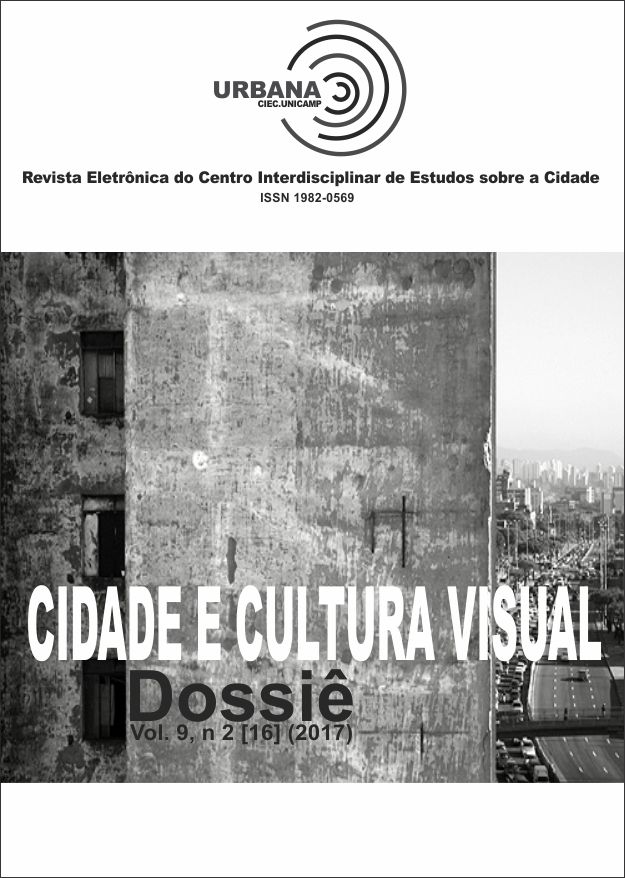Abstract
The present article aims to analyse some aspects present in representations about the metropolis of the future from two productions: the movie Metropolis (1926) and the TV-advertisement of mobile operator TIM (2012). From a comparison between these productions and their icon-images about the metropolis and the urban life, it is possible to analyze the changes in the representations about the city of the future and the urban ideal as well as to discuss from its utopian and dystopian representations the concept of (post) modernity. In this analysis, the "zombie phenomenon" will also be used as another icon-image present in current film and television productions, considered as a symbol of the crisis of (post)modernity and its utopian visions of the future.
References
CORSO, Mario. O ataque dos mortos-vivos. In. Zero Hora, Porto Alegre, 29/06/2013.
HARVEY, David. Condição pós-moderna. São Paulo: Edições Loyola, 1998 (1989).
HUYSSEN, Andreas. Cultura do passado-presente: modernismos, artes visuais, políticas da memória. Rio de Janeiro: Contraponto: Museu de Arte do RJ, 2014.
JAMESON, Fredric. Pós-modernismo: a lógica cultural do capitalismo tardio. São Paulo: Ática, 2002 (1991).
KORNIS, Mônica. Cinema, televisão, história. Rio de Janeiro: Jorge Zahar, 2008.
LEFEBVRE, Henri. A revolução urbana. Belo Horizonte: Ed. UFMG, 2004.
LEMOS, Márcia, A cidade, espaço de heterotopias: Metropolis, de Fritz Lang, um estudo de caso. In. E-topia: Revista Electrónica de Estudos sobre a Utopia, nº 9, Edição Temática “Ano 2100” (2008).
MASSAROLO, João Carlos; GOMES, Paula. Um estudo sobre construção de mundos no cinema de terror: representações das multidões nos filmes de zumbi. In. Eco-Pós. Revista do Programa de Pós-Gradução da Escola de Comunicação da Ufrj, vol. 15, n. 03, 2013.
NÓVOA, Jorge. & BARROS, José. Cinema-História. RJ: Apicuri, 2012.
POMERANCE, Murray. Cinema and Modernity. New Brunswick, New Jersey, London: Rutgers University Press, 2005.
SIMMEL, Georg. Die Großstädte und das Geistesleben. In. Gesamtausgabe. Frankfurt: M. Suhrkamp. 1995. vol. 7. pp. 116-131. Tradução de Leopoldo Waizbort.
STAM, Robert. Introdução à teoria do cinema. Campinas: Papirus, 2003.
SUPPIA, Alfredo. A Babel do futuro: por uma tradução da architecture parlante de Metropolis e Blade Runner. In. Remate de males. Campinas (32.2). pp. 335-348, Jul./Dez. 2012.
A URBANA: Revista Eletrônica do Centro Interdisciplinar de Estudos sobre a Cidade utiliza a licença do Creative Commons (CC), preservando assim, a integridade dos artigos em ambiente de acesso aberto.


